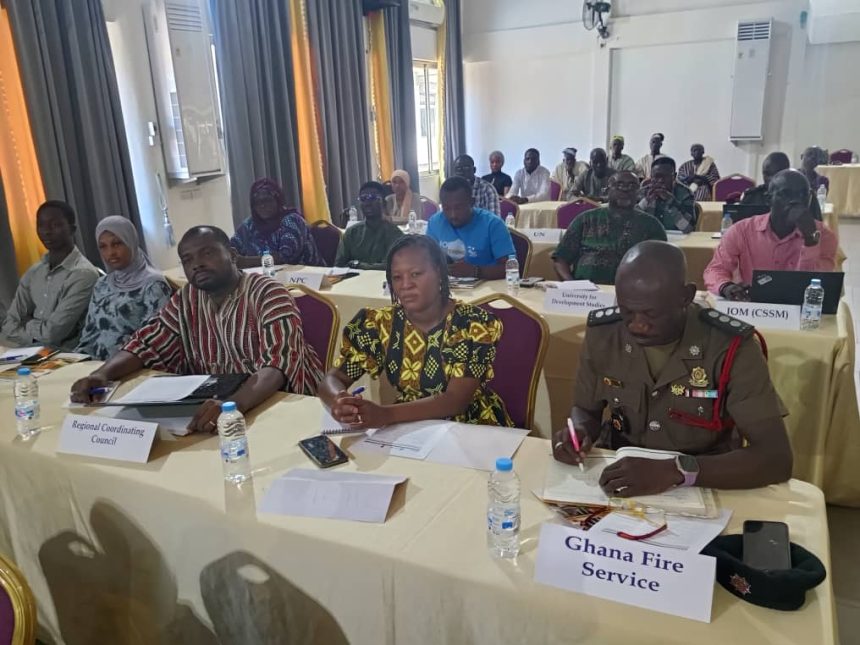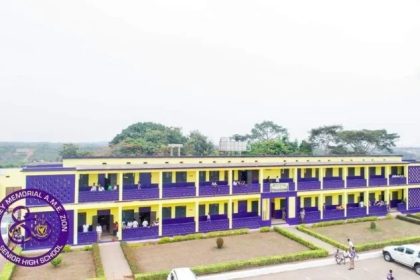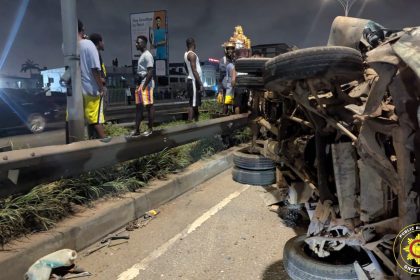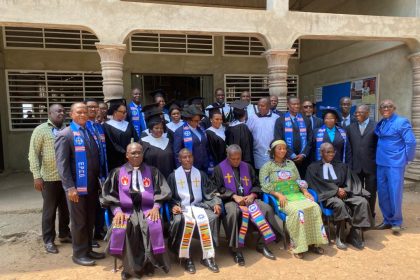Catholic Relief Services (CRS), an international NGO, has held its annual learning workshop to reflect on progress made as part of the implementation of its Prevention of Violent Extremism Through Social Accountability (PoVETSA) project.
The workshop, held in Tamale and attended by representatives from civil society organisations, security agencies and partner institutions, was also to chart a more effective path for the project’s final year of implementation.
Mrs Alisa Mogre, Programme Manager, CRS, speaking during the workshop, said it formed part of the project’s yearly learning initiative.
She explained that PoVETSA project, currently in its second year of implementation, sought to promote accountability and peacebuilding as strategies to reduce the risk of violent extremism.
She emphasised that, “This workshop seeks to reflect on project implementation, celebrate our achievements, examine lessons learnt and address challenges.”
Mrs Mogre acknowledged the Netherlands Ministry of Foreign Affairs for its funding support for the project as well as the project’s partnership with the National Peace Council and the Kofi Annan International Peacekeeping Training Centre.
She said the POVETSA project was committed to fostering trust between civilians and security services to prevent violent extremism.
She urged participants to actively share ideas during discussions to strengthen the project’s implementation as it entered its final year.
Ms Adelaide Yiriyelleh, Manager of PoVETSA project, CRS, said the three-year project (January 2024 to December 2026) was being implemented across all five regions in the north.
Ms Yiriyelleh said the project’s main objective was to strengthen trust between civilians and security agencies, which was crucial to preventing violent extremism.
She said, “We are resting on the premise that once we can improve trust relations between civilians and security service actors, it will result in the prevention of violent extremism in Ghana.”
She mentioned some key achievements for the year including a prevention of violent extremism training for women in the Northern Region and a similar training session for youth in the Bolgatanga Municipality.
In the Upper West Region, efforts have focused on fostering social cohesion between host communities, the Fulbe and security actors through series of community dialogues and profiling exercises, adding that security personnel have also undergone trainings on the Responsibility to Protect.
Ms Yiriyelleh said peacebuilding must involve everyone, emphasising that, “It is a whole-of-society approach. It doesn’t rest with one party but involves both civilians and the security services.”
Mr Frank William Bodza, Deputy Director in-charge of Conflict Management at the National Peace Council, reaffirmed the Council’s commitment to the project.
He emphasised the need for stronger regulations to address recurring conflicts between farmers and herders as well as improved road networks and better access to security services in remote communities.
The workshop called for strengthened collaboration and renewed commitment to fostering peaceful, resilient communities across northern Ghana.






